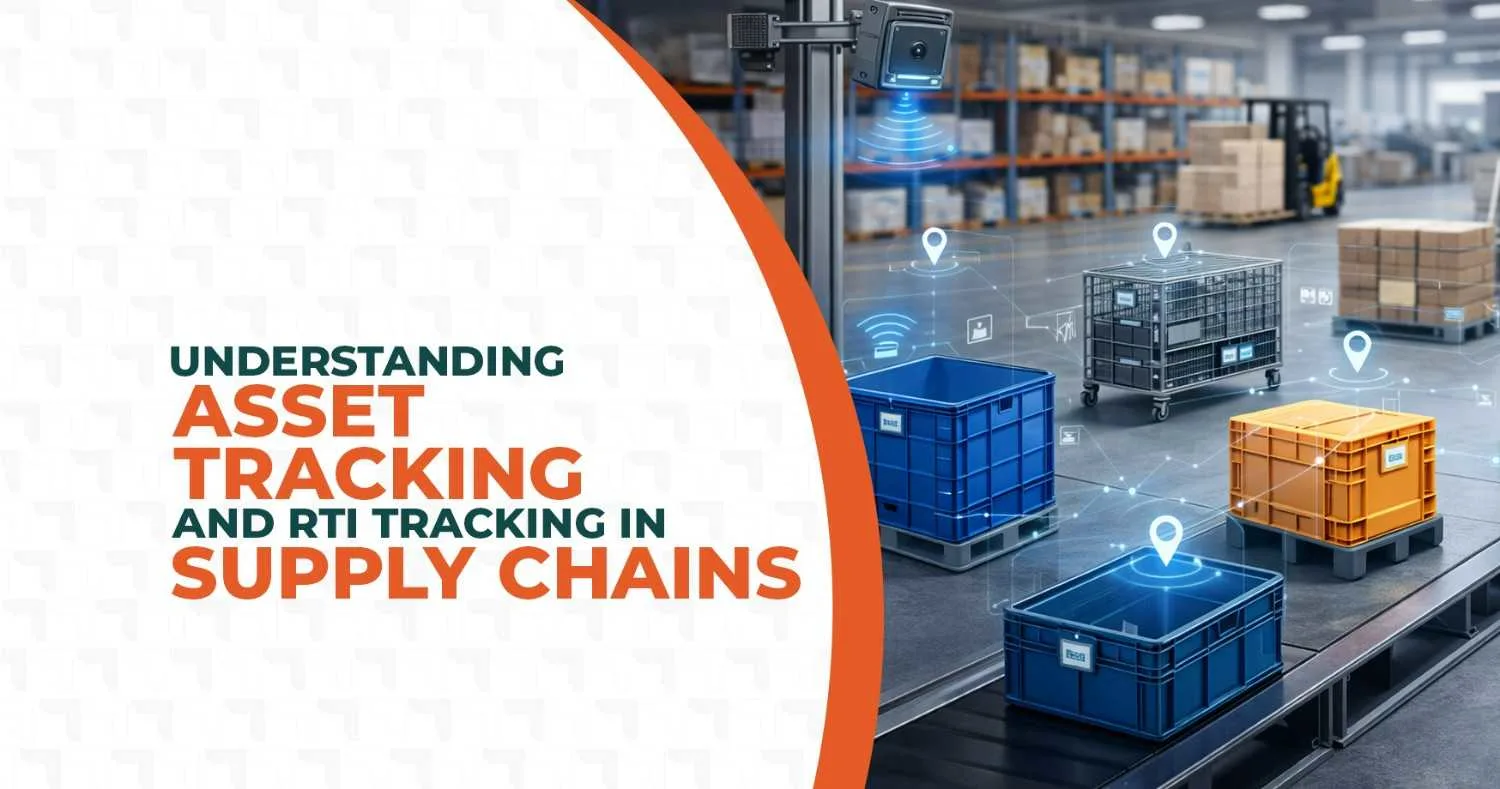
How Does Supply Chain Digitization Leads to Customer Satisfaction?
Did you know that a 2020 Gartner study found that more than 50% of companies are yet to build a roadmap for supply chain digital transformation? The advent of new technologies, such as IoT, blockchain, artificial intelligence (AI), and machine learning (ML), have unlocked tremendous potential for supply chains digitization worldwide. There are numerous far-reaching benefits of digitization. Since more than half of the companies are yet to embark on their digital journey, one of the most significant advantages of fast movers is achieving competitive advantage through improved efficiency, agility, and customer focus. This blog will dive deep into what supply chain digitization entails and how it can lead to a happier customer base.
What is Supply Chain Digitization?
Supply Chain Digitization refers to using technology to automate, digitize and integrate manual/analog components and processes to improve efficiency, increase visibility and ease manageability. It helps in transforming traditional setups with data silos into completely integrated ecosystems that are transparent to all key stakeholders.
Recommended: Supply Chain Management SolutionsBenefits of Supply Chain Digitization
There are many advantages to digitizing a supply chain. For the sake of brevity, we will go over the top five benefits in this article:
1. Enhance traceability
Going digital enables businesses to use real-time traceability to track inventory and react quickly to customer demands and recalls. In today’s world, traceability is one of the key differentiators between companies making it big and those struggling. Digitalization of supply chains helps enhance traceability in ways that are not possible through traditional means. It has the capacity to transform businesses, especially those related to the food and pharmaceutical sectors.
2. Drive deeper collaboration
One of the most significant issues with traditional supply-chain setups is the data silos formed within a company. Today, cloud-based tools have enabled enterprises to break down siloed structures and enable teams within an organization to access central data and collaborate with each other with surprising ease. This has greatly improved inter-departmental communication and transparency, empowering companies to track and manage supply chains more effectively and efficiently. They can also seamlessly integrate with external suppliers, unlocking greater potential than ever.
3. Reduce risks of error and downtime
A digitized supply chain monitors real-time production performance and tracks unexpected downtime while efficiently comparing expected and actual costs without any manual intervention. This enables companies to considerably reduce common risks and keep an eye on asset health for maximum output, thereby reducing unnecessary halts in production and much more.
4. Enforce quality control
Quality control continues to be a high-priority issue. As brands outsource their production to specialized contract packers and manufacturers, they need to know that their products are being created and packaged to exacting standards. Digitalization of quality checks can enable more rigorous quality controls, improved traceability, and greater recall readiness through easier and faster quality reporting.
5. Avoid waste and maximize efficiencies.
Brands are increasingly seeking external partners with sustainability-first mindsets. Here, again, digitalization has a role to play, helping a business reduce its impact on the environment through efficient management of stock and avoidance of waste. Digitalization enables improved inventory and materials management, ensures accurate tracking of expiry dates, and enables avoidance of materials shortages, all of which lead to reduced supply chain waste and less need for expedited freight.
6. Enable greater order accuracy
In today’s scenario, delayed shipments and incorrect orders are practically unheard of. Customers are used to receiving their orders before due dates, and the accuracy of the shipment is considered a given. There is zero tolerance for any deviation, and even a slight error can be detrimental to a brand’s reputation. Digitally enabled supply chains can track inventory and materials more accurately, drastically reducing delayed or incorrect orders. An added advantage is how easy change management is, thanks to both suppliers and brands’ greater visibility and transparency.
To Conclude
… As customer demands evolve and companies strive to become better, faster, and more efficient, the digitization of supply chains has become more of a necessity than a novelty. Companies that embark on their digital journey early will have a considerable advantage over those that do not. Digital supply chains are also more customer-centric, so businesses can better understand customer needs and take action to improve customer experiences. If you want to digitize your supply chains, feel free to contact us for a quick discussion on the topic. Having helped over 2,000 clients in the past 27+ years, we at BCI are equipped with the expertise that can bring tremendous value to your business. You can leverage our know-how to unlock your true potential and make your supply chains more agile and flexible. The sooner you start, the better!
You may also find these topics interesting.
What is Supply Chain Management



